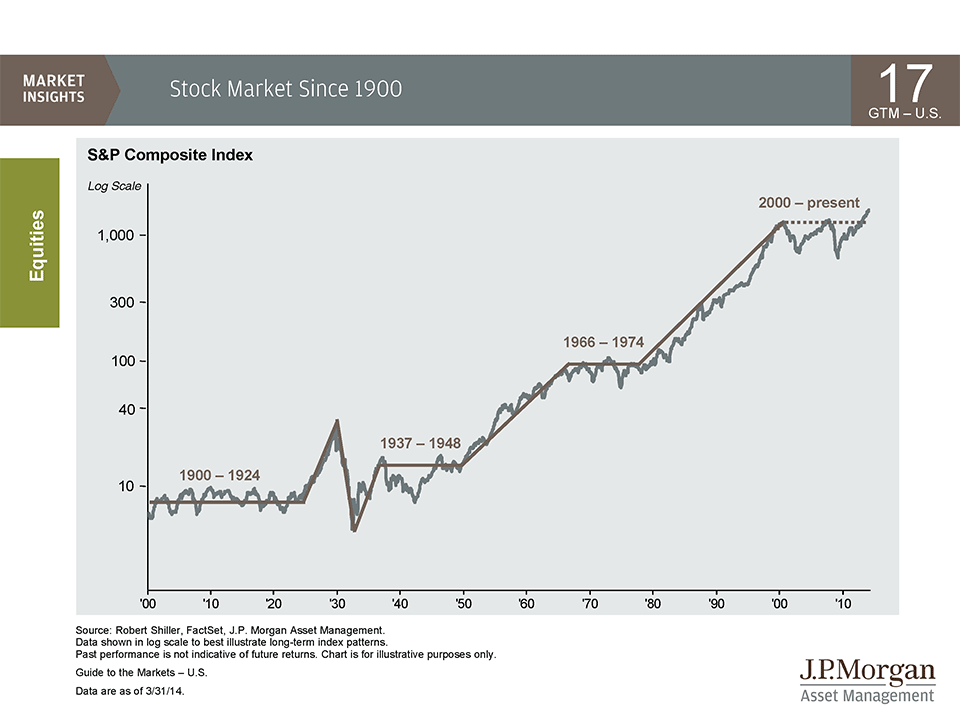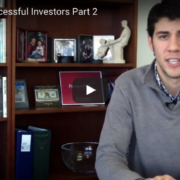Lessons from Omaha
Rumors speak of a man in Omaha with god-like investing prowess. His legend is constantly examined by professional, professors, and even the media pundits. His 70+ years of investing and straightforward strategy is often cited as the gold standard for experts and amateurs alike.
So last month during a visit to mythical Nebraska, I decided to pay a visit to one of investings’ greats, and perhaps have a cup of coffee and compare approaches. But upon pulling up to his very pedestrian home (which was distinctly lacking in moats and drawbridges) I was too chicken to get out of the car, much less knock on the door!
My “visit” to Warren Buffett, the Oracle of Omaha, did get me thinking about his contribution to modern investing strategy. As complicated as that might sound, Buffett’s greatest skill may be his simplistic approach to portfolio design and investing overall. These insights are consistently shared with those opting to invest in his company Berkshire Hathaway, via the annual shareholder’s meeting (or Woodstock for Capitalists as it is affectionately called). In light of last week’s meeting, let’s take a look back at three of Buffett’s best investing principles.
Always Bet on America
Buffett and his business partner Charlie Munger always considered the ever-rising prosperity of the United States as a near guarantee. The last 114 years serve as a testament. In that time the U.S. endured two world wars (along with other traumatic and expensive military conflicts), a severe depression, over a dozen recessions, health scares, economic shocks and varying political regimes. Yet during that time, the Standard and Poor’s 500 has gone from under $10/share to far over $1,800/share today.
Buffett is so committed to this idea, that he requests his estate be simply invested in 90% market index funds and 10% in short-term U.S. government bond funds. As he sees it, “America’s best days lie ahead.” (2013 Berkshire Hathaway Annual Letter)
The average investor could learn a lot from this approach. The stock market has a tendency to wiggle, sometimes up, sometimes down. But adopt a long-term approach and recognize the wiggles for what they are, steps in a market with consistent growth for over 100 years.
Invest in Businesses, Not Stocks
Imagine watching CNBC when your home address appears at the bottom of the screen, followed by its value today. Maybe that value has increased since yesterday, a cause for celebration. But if the value decreases you might wonder, what’s going on? It’s a great house!
The same holds true for financial investments. Your house is more than just a price. It protects you from the weather. It provides security for your family. It’s allows you to rest and relax without worry. Similarly, the businesses worth investing in are more than stock prices changing every second of every day.
Buffett encourages investors to think about what the underlying businesses are producing, how they are growing and creating greater value for their customers every day. As Buffett says it, “Games are won by players who focus on the playing field – not by those whose eyes are glued to the scoreboard.” (2013 Berkshire Hathaway Annual Letter)
It’s easy to get caught up in the constant fluctuations of a stock’s price. Day traders and get-rich-quick-schemes seek to take advantage of these discrepancies on a daily basis. But for long-term investors, it’s important to understand much more about a company than the current price. What does the company do? How does it make money? Is it boring and predictable or a flash-in-the-pan success? These questions should influence an investor’s decision in addition to the standard financial data.
Diversify with Quality and Intention
Diversification is a buzz word in the financial industry. But diversification doesn’t mean owning a little of everything in the hope of balancing every decline with an increase in something else. Instead it means owning businesses that generate predictable income, are always improving their value, and do so all over the U.S. and the world.
For example, Berkshire Hathaway is the largest investor in Coca-Cola (KO). Coke isn’t just a company that sells sugary drinks to Americans. They are the largest, non-alcoholic beverage firm in the world and have one of the best marketing and distribution systems of any consumer product company. Geographically, Coke is a US based company, but a majority of their business comes from outside American borders. Their economic reach is so expansive that over 75% of Coke’s profits in 2013 came from outside North America. As an investor, this means Berkshire Hathaway has exposure to emerging markets, developing countries, and billions of people around the world all through one consumer company.
We adopt a similar philosophy when it comes to investing in emerging markets. Rather than invest directly into foreign exchanges or companies, we elect to invest in U.S. companies with exposure to these areas. The benefits are numerous including accurate reporting, broader diversification, and the recognition of familiar companies with a strong foothold in the U.S.
Summary
These three lessons barely scratch the surface of Buffett’s investment philosophy and approach. But they offer a foundational view wise investing by controlling your financial behavior and maintaining long-term perspective for your future. If you’re interested in learning more about Buffett and his strategies, research his past Berkshire Hathaway reports. They are filled with wise advice and interesting anecdotes. If you’re curious about how these concepts apply to your portfolio, don’t hesitate to give us a call.
Thank you for being a client of Prosperion Financial Advisors.
The opinions voiced in this material are for general information only and are not intended to provide specific advice or recommendations for any individual.
John started his investment career in 2012 after graduating from Colorado State University with a bachelor’s degree in Financial Planning. His desire is to provide care and guidance for individuals and families through all aspects of their financial life. Learn more about John here.









